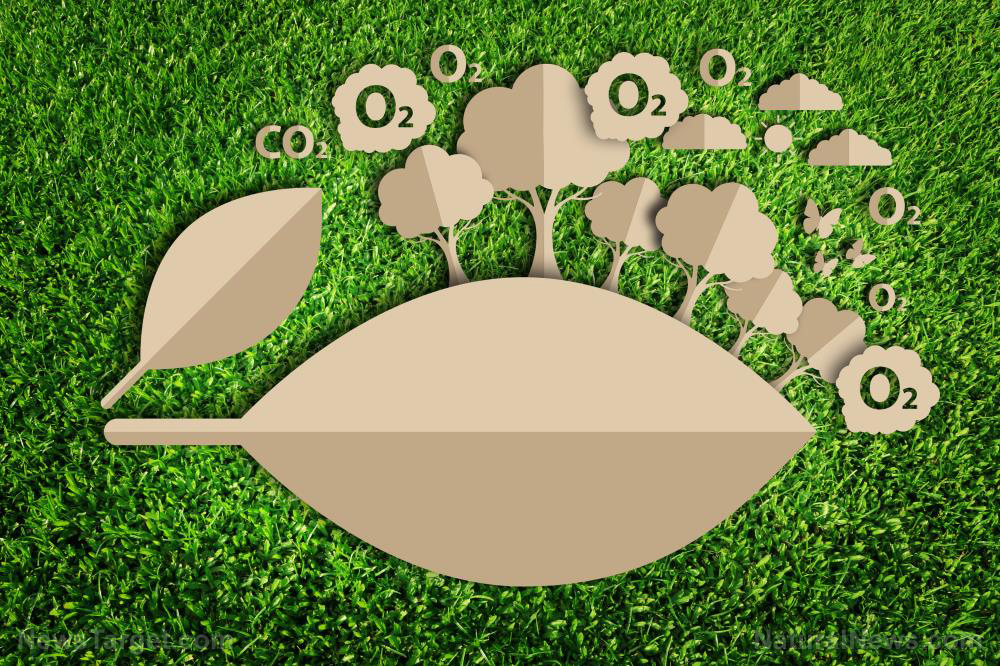
Three decades ago, 197 countries from across the globe signed the Montreal Protocol on Substances that Deplete the Ozone Layer, after scientists discovered that chemicals known as chlorofluorocarbons (CFCs) were causing the ozone layer to get thinner. Studies had determined that CFCs commonly used in fire retardants, aerosol cans and refrigerators were to blame for the ozone crisis.
The treaty worked, and in 2016 scientists announced that the ozone layer was healing, after the gradual global phase out of 98 percent of all ozone-depleting substances.
World leaders saw the scientifically sound evidence of a looming disaster, acted together, and prevented that disaster.
More recently, the media and certain scientists have tried to push for similar global cooperation to avert what they call the global warming crisis. Once again, they insist that there is sound scientific evidence of a pending disaster, and that it can only be averted if world leaders act quickly and in unison to prevent it.
But there is a difference: This time the scientific evidence is not sound. In fact, 95 percent of climate software models have been proved to be inaccurate. Yet, despite this complete lack of scientific evidence of any pending disaster we all continue to buy into the global warming hysteria, perhaps because many of us remember how world leaders were able to avert the ozone layer disaster?
This time there is no sound scientific reason to buy into the hype, however, and it is important to consider that there may be other reasons why global warming panic is being spread by the media and world governments. (Related: ‘Gift to climate alarmists’ exposes global warming junk science in 12 minutes.)
What the science reveals
As explained by Martin Armstrong of Armstrong Economics, climate change is normal and has been a constant throughout history. He notes that during the 1930s, for example, there were the extreme “dust bowl” drought years, while at the same time, the USA, Japan and China experienced some of the most intense cold fronts in recorded history. He notes:
You cannot blame this on soccer moms driving the kids around town burning fossil fuels. Cars were a luxury in the 1930s still.
Despite – or perhaps because of – these continuous massive swings in temperature, it has been normal for scientists to make alarming predictions which have not proven to be true. Armstrong notes:
In January 1970, Life magazine, based on “solid scientific evidence”, claimed that by 1985 air pollution would reduce the sunlight reaching the Earth by half. In fact, across that period sunlight fell by between 3 per cent and 5 per cent. In a 1971 speech, Paul Ehrlich said: “If I were a gambler I would take even money that England will not exist in the year 2000.”
Fast forward to March 2000 and David Viner, senior research scientist at the Climatic Research Unit, University of East Anglia, told The Independent, “Snowfalls are now a thing of the past.” In December 2010, the Mail Online reported, “Coldest December since records began as temperatures plummet to minus 10C bringing travel chaos across Britain.”
The true scientific facts about the global warming “crisis” are these:
While scientists love to state that 97 percent of all scientists agree that man-made global warming is a proven fact, they choose to omit mention of the fact that 95 percent of all the climate models that predicted global temperature increases have proven to be false.
Former NASA scientist Dr. Roy Spencer says that climate models used by government agencies to create policies “have failed miserably.” Spencer analyzed 90 climate models against surface temperature and satellite temperature data, and found that more than 95 percent of the models “have over-forecast the warming trend since 1979, whether we use their own surface temperature dataset (HadCRUT4), or our satellite dataset of lower tropospheric temperatures (UAH).”
The lesson? Just because the scientists got it right once when they averted the ozone crisis doesn’t mean they get it right every time. And, when it comes to the global warming hysteria, they most certainly have not got it right.
Learn more at Climate.news.
Sources include:
Please contact us for more information.




















